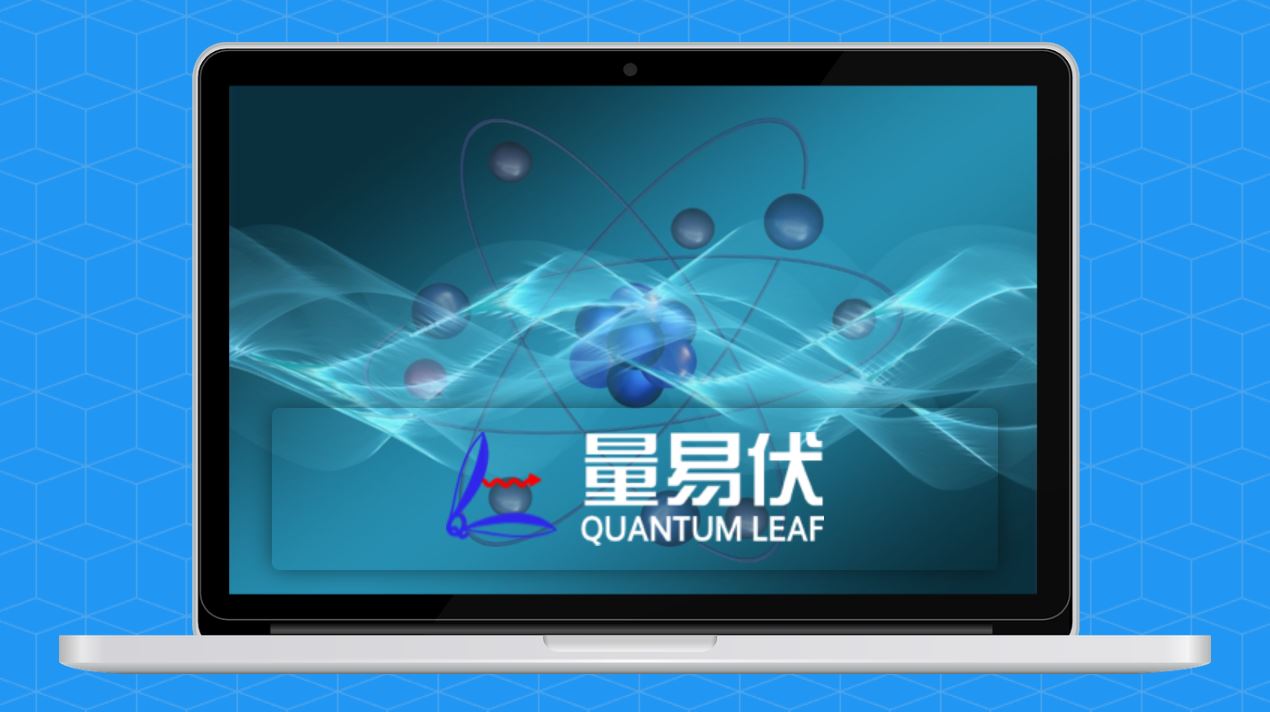 EMERGING TECH
EMERGING TECH
 EMERGING TECH
EMERGING TECH
 EMERGING TECH
EMERGING TECH
China’s Baidu Inc. announced a new cloud-based quantum computing platform called Quantum Leaf today that it says is designed for programming, simulating and executing quantum workloads.
Baidu is one of a number of big technology firms racing to develop quantum computing, which relies on quantum-mechanical phenomena such as superposition and entanglement to perform computation. The technology promises to usher in a new era of computing and upend disciplines such as artificial intelligence, cryptography and physics.
Quantum Leaf is basically a programming environment in the cloud that provides quantum-infrastructure-as-a-service. It’s meant to complement the Paddle Quantum development toolkit that Baidu announced earlier this year. Based on Baidu’s PaddlePaddle AI framework, Paddle Quantum enables developers and scientists to build and train quantum neural network models quickly for advanced quantum computing applications.
Baidu said one of the key components of Quantum Leaf is the QCompute development kit, which comes with a hybrid programming language and a high-performance simulator. It enables users to leverage prebuilt modules and objects to build and execute quantum circuits in Quantum Leaf.
Baidu also announced a “cloud-based quantum pulse computing service” called Quanlse, which it says helps to bridge the gap between hardware and software by providing a way to design and implement pulse sequences for quantum tasks. Pulse sequences are used to reduce quantum error, which results from decoherence, or loss of information from a system. Quanlse can work with quantum computers that are based on superconducting circuits or nuclear magnetic resonance, Baidu said.
Holger Mueller, an analyst with Constellation Research Inc., told SiliconANGLE that Baidu is trying to establish itself as a partner for enterprises’ quantum workloads with its new platforms. He said cloud providers are jostling for position in quantum computing even before the technology has been perfected.
“Workload capture does not happen at the hardware level, but rather at the software architecture and platform level,” Mueller said. “Baidu’s announcement around Paddle Quantum is not surprising. Code needs to be tested as it’s being developed and companies will be able to do that on Baidu’s platforms with Quantum Leaf.”
As Mueller points out, Baidu is one of several cloud infrastructure providers to offer cloud-based quantum computing services. Amazon Web Services Inc. provides cloud access to quantum machines built by D-Wave Systems Inc., IonQ Inc. and Rigetti Computing Inc. via its AWS Braket service. Meanwhile, Microsoft Corp.’s Azure cloud has a similar service called called Azure Quantum that offers access to quantum computers built by IonQ, Honeywell International Inc. and Quantum Circuits Inc.
Google and IBM Corp. have also built their own quantum machines based on proprietary hardware and make them available to researchers via cloud services.
Support our mission to keep content open and free by engaging with theCUBE community. Join theCUBE’s Alumni Trust Network, where technology leaders connect, share intelligence and create opportunities.
Founded by tech visionaries John Furrier and Dave Vellante, SiliconANGLE Media has built a dynamic ecosystem of industry-leading digital media brands that reach 15+ million elite tech professionals. Our new proprietary theCUBE AI Video Cloud is breaking ground in audience interaction, leveraging theCUBEai.com neural network to help technology companies make data-driven decisions and stay at the forefront of industry conversations.